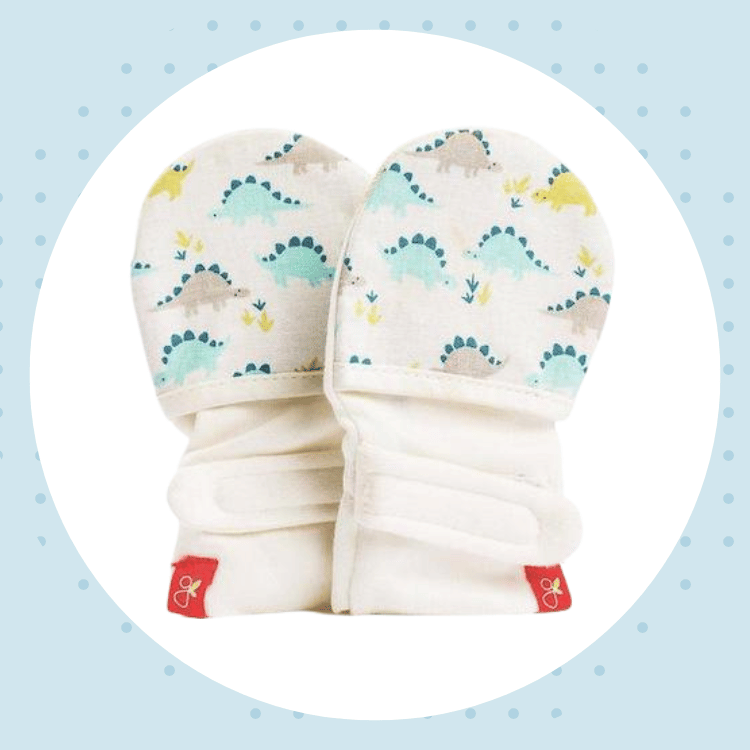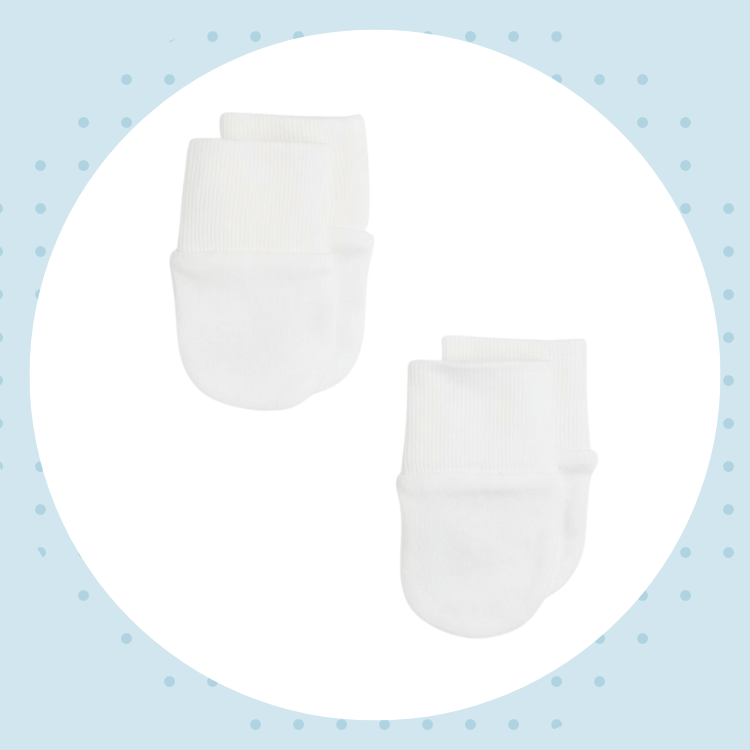5 of the best scratch mitts for newborn babies 2024
Scratch mitts, also called baby mittens, are designed to prevent your baby from scratching themselves. Depending on how cold it is they can also double up as gloves. Some Babygros have integrated scratch mitts.
This list has been narrowed down to the very best with thorough research and the following considered:
Consumer reviews
Best-seller lists
Recommendations from industry experts
Award-winning products
Personal experience and the products loved by other parents.
The list is updated annually. It was last updated on 18 January 2024.
If you buy through a link, I may earn a small affiliate commission. 5% of profits are donated to UK Baby Banks to help parents in need of essentials.
1. Goumikids scratch mitts
These scratch mitts have been designed with a signature two-part closure system to ensure the mitts stay on.
Made from 70% viscose from bamboo and 30% cotton.
Available in a variety of colours and prints.
2. One Enjoy baby mittens
Mittens that are spacious in the hand area so babies are able to move their fingers.
Pack of 6 pairs. Three are cotton and three are mesh.
Available in two colours.
Comes with a laundry bag.
3. H&M Scratch Mitts
Pack of two pairs of mitts which are great value for money.
Made from 95% soft organic cotton and 5% elastane for added stretch.
Ribbed cuffs to help keep them on.
4. M&S Pure Cotton Mittens
A pack of four pairs of scratch mitts.
The mittens are made from 100% responsibly sourced cotton and the cuffs have 3% elastane to keep them in place.
5. Mori baby mittens
A pair of mitts made from 70% bamboo and 30% organic cotton.
The cuffs are ribbed.
Available in grey, pink stripes and blue stripes.
MORE OF THE BEST:
Babygros • baby hats • bodysuits • baby socks • nursery chests of drawers • nursery wardrobes • baby blankets • muslin cloths • baby bouncers • prams • car seats • baby carriers • changing bags • baby baths
FROM THE BLOG









Pre-loved, pre-owned, vintage, hand-me-downs, nearly new. The fact that euphemisms exist for second-hand suggests that it’s still considered preferable to buy new baby products. But what if you can’t afford it, are on a budget or just want to try and reduce waste and live more sustainably? What baby items can you safely get second-hand and what should you avoid?